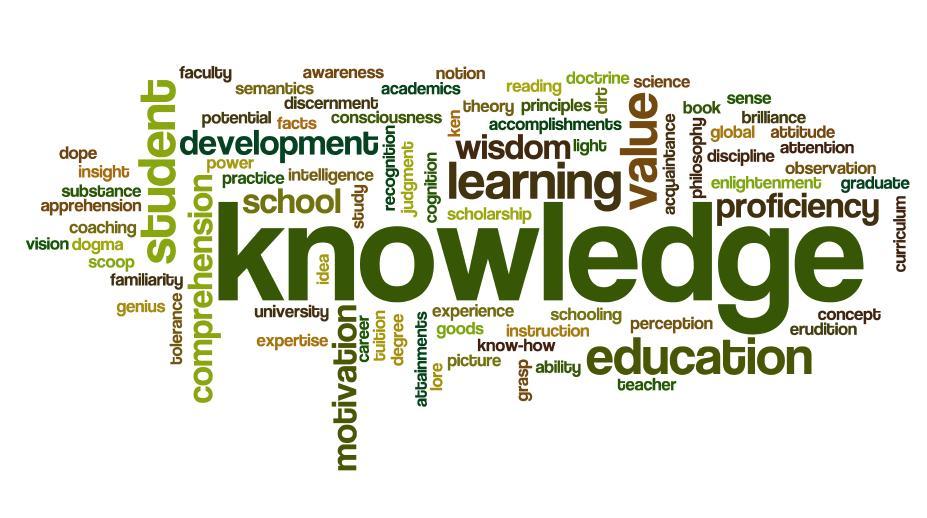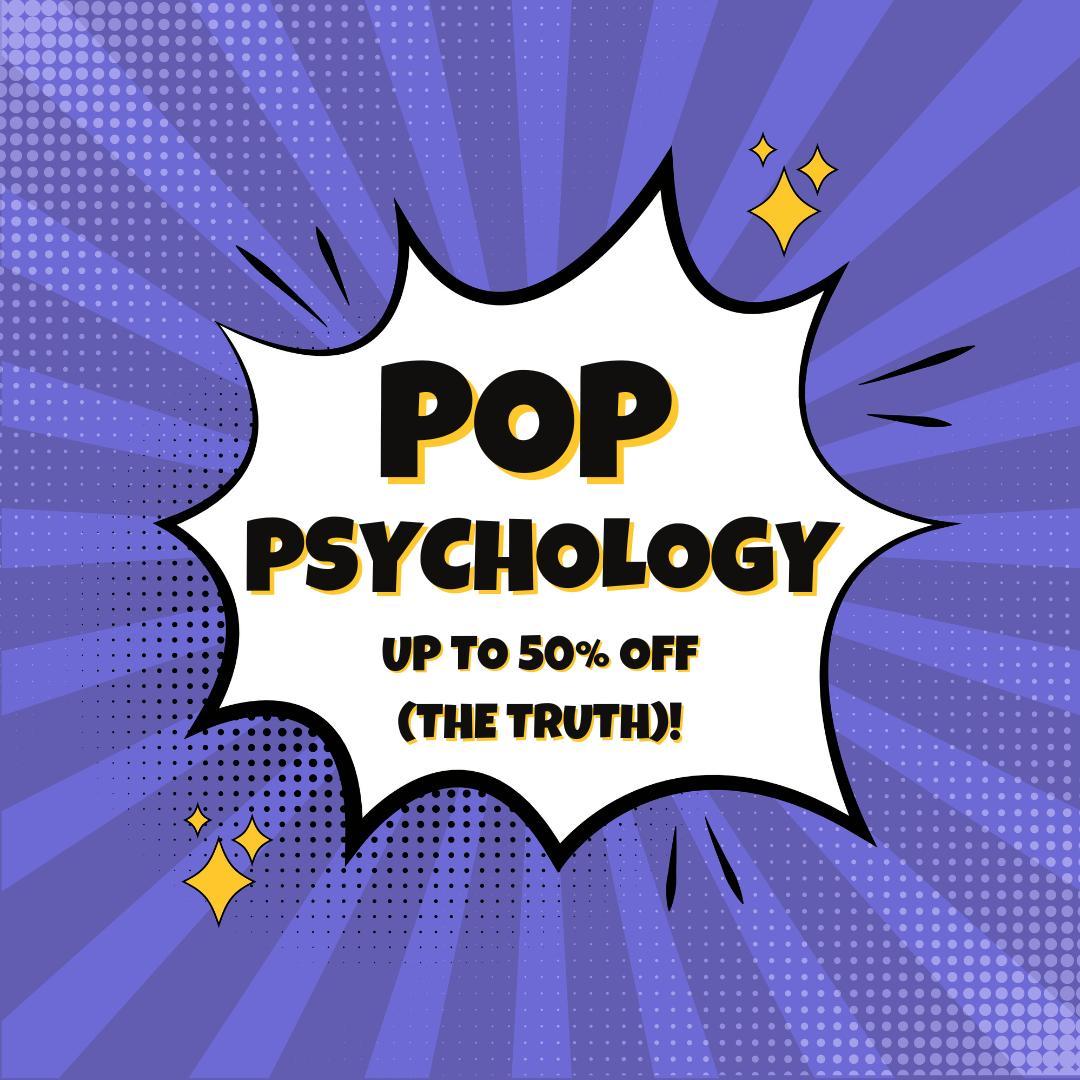

Emotional intelligence (EQ)

Careers information, advice and guidance (CIAG)
Part of the BPN Boost provision




Careers information, advice and guidance (CIAG)
Part of the BPN Boost provision
Aim
To develop an understanding of emotional intelligence and its application to leadership, communication and team performance within operational management contexts.
Objectives
•Define the key components and recognised models of emotional intelligence (K15).
•Analyse how self-awareness and emotional regulation influence workplace behaviour and decision-making (K16, B5).
•Evaluate how empathy and social awareness support collaboration, conflict resolution and team success (S6, S17, B2).
•Reflect on personal emotional intelligence strengths and areas for growth (B5).


What
‘Emotional intelligence (EQ)’?





(You can select more than one option)


(You can select more than one option)


The ability to recognise, understand and manage our own emotions… …and… to recognise, understand and influence the emotions of others.


(Adapted from Goleman, 1998)
Memory/attention
Thinking,




‘Working with Emotional Intelligence’, Goleman developed the argument that…
…non-cognitive skills (EQ) can matter as much as IQ.


(Goleman,
1998)
(Resource 1 has the KSBs in full)
• Introduce yourself to the group
• Discuss the following prompts and prepare to give feedback


In his book ‘Working with Emotional Intelligence’, Goleman developed the argument that non-cognitive skills (EQ) can matter as much as IQ. (Goleman, 1998)
• To what extent do you agree that EQ is as important as IQ in your professional context?
• Can you think of a situation where emotional intelligence achieved what technical skill or intellect alone could not?
• How does your organisation recognise or reward these ‘noncognitive’ capabilities?






1. Self-awareness
Recognising when you’re feeling defensive in a meeting and pausing before responding
2. Self-regulation
Choosing to stay calm and solution-focused when a deadline slips rather than reacting with frustration


Staying committed to a project goal despite setbacks or limited recognition
Noticing when a colleague seems disengaged and taking time to understand what’s behind it


Managing a difficult conversation constructively, maintaining respect and trust throughout

Builds trust and psychological safety
Improves communication and collaboration
Enhances conflict resolution
Supports resilience and adaptability


Which of these outcomes is most visible in your team?



Goleman didn’t invent emotional intelligence; he popularised the concept first described by Peter Salovey and John Mayer (1990).
Their model was rooted in cognitive and affective psychology - focusing on measurable abilities like perceiving, using, understanding and managing emotions.




Salovey and Mayer gave us the psychological foundations of emotional intelligence; Goleman made it usable for leaders.
His model is often described as pop-psychology because it’s accessible, but its strength lies in connecting rigorous research to everyday leadership behaviour.


• Introduce yourself to the group
• Discuss the following and prepare to give feedback


Can emotional intelligence truly be taught, or is it something we’re born with?



What evidence or experience do you have that suggests EQ can be developed through learning, reflection, feedback etc?



Are there elements of EQ, e.g. empathy or self-awareness, that seem more innate or harder to teach?
What helps or hinders people in your organisation to strengthen their EQ in practice?

We believe emotional intelligence (EQ) can/cannot be taught because…



Salovey and Mayer would say aspects of EQ are measurable mental abilities, meaning they can be developed.
Goleman’s model adds that EQ behaviours can be learned and practised - so while we all start at different points, growth is definitely possible.


(K15, K16, S6, S17, B2 and B5)
(Resource 1 has the KSBs in full)
• Which situations in your current role challenge your emotional intelligence the most and why?
• What small, deliberate change could you make this month to strengthen one of Goleman’s 5 domains of EQ?
• How does your own emotional intelligence influence the climate or culture of your team?
• If EQ can be developed, what opportunities/practices in your organisation could help it grow further - for you and for others?


Aim
To develop an understanding of emotional intelligence and its application to leadership, communication and team performance within operational management contexts.
Objectives
•Define the key components and recognised models of emotional intelligence (K15).
•Analyse how self-awareness and emotional regulation influence workplace behaviour and decision-making (K16, B5).
•Evaluate how empathy and social awareness support collaboration, conflict resolution and team success (S6, S17, B2).
•Reflect on personal emotional intelligence strengths and areas for growth (B5).



